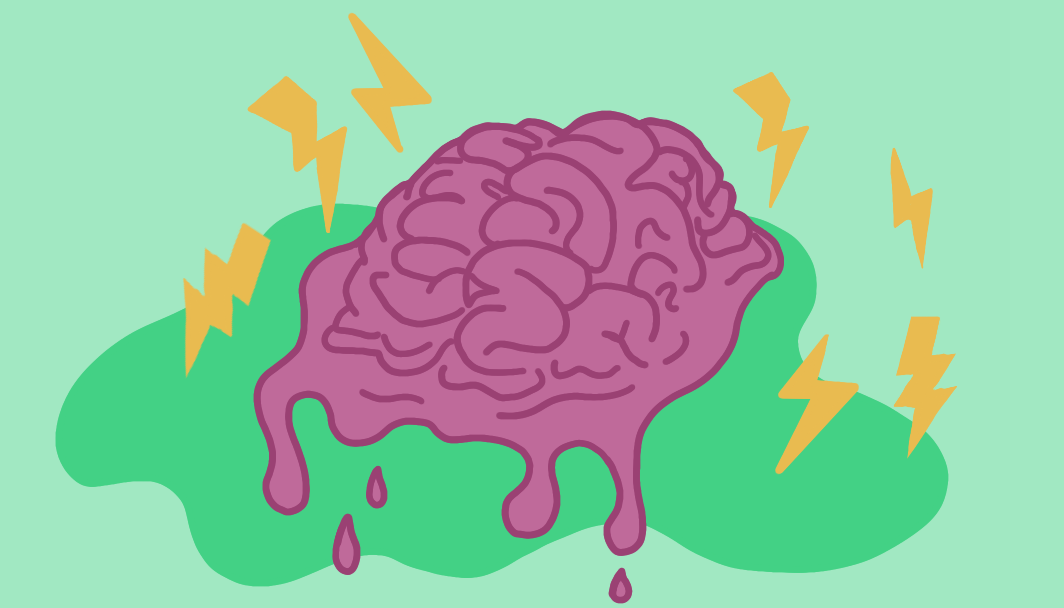The first time I heard of compassion fatigue was at a first year’s IBCoM lecture, Communication as a Social Force. There was an almost sense of relief I felt upon discovering that the phenomena is a real thing and that it wasn’t something that I felt exclusively. Compassion fatigue is an emotional and physiological exhaustion one feels from being over exposed to compassion stress. In a day and age where we are constantly being asked to pay attention to several different important causes, the simple act of caring becomes rather challenging at times. And often you cannot help but feel like a bad person for not responding to the calls for empathy. But I’m here to tell you, that is the furthest thing from the truth.
Empathy requires one to put themselves in the shoes of others and try to understand what the victims might be going through. Usually, to empathise you require a point of relation. By this I mean, in order to understand someone else’s pain, you need to bring back memories or instances of your own pain. So of course, attempting to be in a constant state of empathy is going to result in a burnout. However, choosing to ignore the world is not the solution either.
Take your much needed breaks, step away and evaluate your priorities. Think about which issues resonate the most with you and why. Then when you are ready to go back to your social media, do a cleansing if needed because you don’t need 50 news outlets on your feed. Choose the ones that you find the most reliable and get rid of the rest. Remember that you only have to do your part, and that you decide how big or small that part is. Nobody’s expecting you to solve the world’s problems single-handedly.
There has been a massive spike in compassion fatigue following the start of the pandemic as we are all connected to our devices now more than ever. And being connected to our devices means a 24/7 stream of events that are transpiring all over the world. It’s easy to feel the burden of the world’s chaos on your shoulders. It feels like your sole responsibility to talk about, share and act on every single cause. It isn’t. We as humans have a limited reservoir of compassion and cannot and should not be expected to show up for everything. I think it’s important to remind yourself that just by reading up on what is happening and why it is happening, educating yourself on a certain issue, you are already doing enough.
Author: Protiva Iqbal
Editor: Gwendolyne Cheung
Illustrator: Lisa van der Loos


